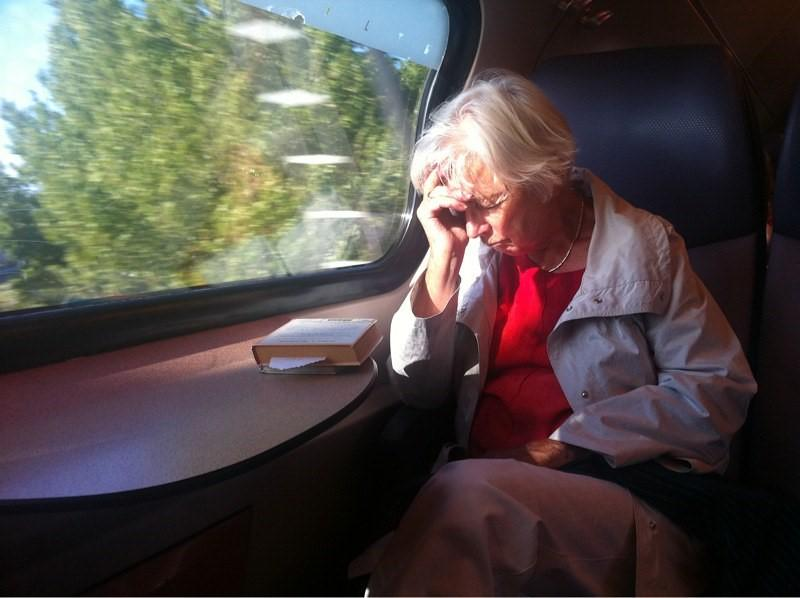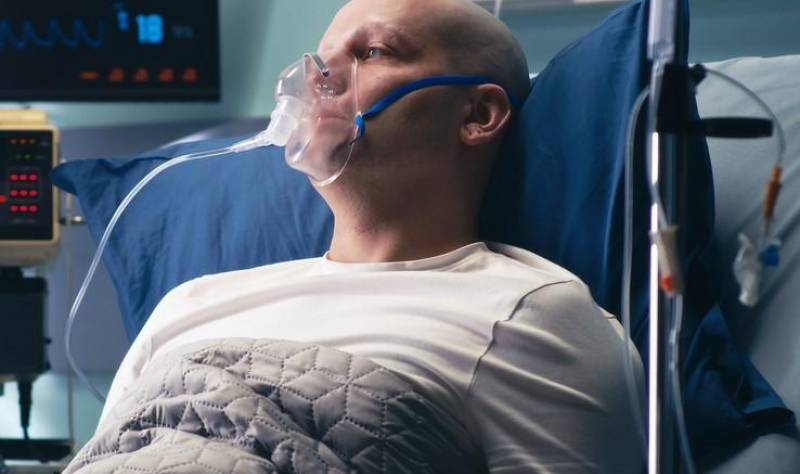Jill Biden tests negative for COVID after rare rebound infection, and U.S. cases are rising in 12 states


First lady Jill Biden tested negative for COVID on Monday after a rebound case of the virus and will return to Washington on Tuesday.
The news was announced by her communications director, Elizabeth Alexander on Monday, the Associated Press reported.
Biden had been isolating at her family home in Delaware since testing positive on Aug. 24, while experiencing no symptoms. She had first tested positive on Aug. 15, while she and President Joe Biden were on vacation in South Carolina.
Like her husband, Jill Biden was prescribed the Pfizer PFE, -0.28% antiviral Paxlovid while she was ill and suffered a rebound case of the virus after her initial recovery. That’s a rare feature of Paxlovid which can cause some patients to test positive again two to eight days after testing negative, as MarketWatch has reported. In some cases, symptoms recur, although that has not been the case for the Bidens.
The CDC still recommends the treatment for people who are at high risk of severe disease. The FDA authorized Paxlovid in December in a move that essentially sent a sigh of relief through the medical community and many members of the public. Not only is Paxlovid a pill that someone can take at home, taking it can dramatically reduce the possibility they’ll be hospitalized or die.
The news comes as U.S. known cases of COVID are continuing to ease, although the true tally is likely higher given how many people are testing at home, where the data are not being collected.
Read now: Dr. Fauci’s advice has always been simple and on the mark
The daily average for new cases stood at 89,199 on Monday, according to a New York Times tracker, down 11% from two weeks ago. Cases are still rising in 12 states, namely Rhode Island, Tennessee, North Carolina, Michigan, Alabama, Louisiana, Maine, South Dakota, Missouri, Arkansas, Oklahoma and West Virginia and are falling everywhere else, the tracker shows.
The daily average for hospitalizations was down 10% at 37,734, while the daily average for deaths is down 3% to 475.
Coronavirus Update: MarketWatch’s daily roundup has been curating and reporting all the latest developments every weekday since the coronavirus pandemic began
Other COVID-19 news you should know about:
• A Chinese think tank issued a rare public disagreement Monday with the ruling Communist Party’s severe “zero COVID” policy, saying curbs that shut down cities and disrupt trade, travel and industry must change to prevent an “economic stall,” the AP reported. The Anbound Research Center gave no details of possible changes but said President Xi Jinping’s government needs to focus on shoring up sinking growth. It noted the United States, Europe and Japan are recovering economically after easing anti-disease curbs. “Preventing the risk of economic stall should be the priority task,” the think tank said in a report titled, “It’s Time for China to Adjust Its Virus Control and Prevention Policies.”
• More than 1 million construction workers across the U.S. won’t have to comply with a federal COVID vaccination requirement, but an appeals court cleared the way for President Joe Biden’s administration to potentially enforce the mandate on some federal contractors, the AP reported separately. Biden’s Office of Management and Budget said Monday that federal attorneys were still reviewing the ruling issued Friday and that no immediate steps have been taken to implement it. The vaccine requirement for employees of federal contractors has been on hold nationwide since a U.S. district judge in Georgia issued an order in December barring its enforcement.
Don’t miss: Moderna sets up clash with Pfizer and BioNTech with patent lawsuits in the U.S. and Germany
• While most Americans are now living free of face masks, one group — the roughly 7 million who are immunocompromised — are still mid-pandemic, the Guardian reported Tuesday. Dr. Jeannina Smith, medical director of the infectious disease program at University of Wisconsin Hospitals and Clinics, describes the trauma suffered by organ transplant patients who lose their transplant when the test positive for COVID in a hospital setting. One such patient, “was sobbing because she said, ‘It’s so hard for me to see that people care so little about my life that wearing a mask is too much for them.’”
• The World Health Organization said Tuesday it saw “encouraging” signs that the monkeypox outbreak is slowing in Europe and heading in the right direction, AFP reported. “There are encouraging early signs, as evidenced in France, Germany, Portugal, Spain, the UK, and other countries, that the outbreak may be slowing”, the WHO regional director for Europe, Hans Kluge, told reporters. However, “to move towards elimination in our region, we need to urgently step up our efforts”. In the 53 countries that make up the WHO Europe region, which includes Russia and countries in Central Asia, more than 22,000 monkeypox cases have been registered across 43 countries, accounting for more than a third of cases worldwide.
• AstraZeneca AZN, -1.93% AZN, -2.92% said its Evusheld long-acting antibody combination treatment has been approved for the prevention and treatment of COVID in Japan. The move is the first global approval for the treatment which combines tixagevimab and cilgavimab, two neutralizing antibodies. The treatment will be used for prevention in adults and adolescents 12 years of age and older who are not able to get vaccinated, and for treatment in the same cohort for those at high risk of severe infection, but who do not require oxygen.
Here’s what the numbers say
The global tally of confirmed cases of COVID-19 topped 601.6 million on Monday, while the death toll rose above 6.48 million, according to data aggregated by Johns Hopkins University.
The U.S. leads the world with 94.3 million cases and 1,044,332 fatalities.
The Centers for Disease Control and Prevention’s tracker shows that 223.9 million people living in the U.S. are fully vaccinated, equal to 67.4% of the total population. But just 108.5 million have had a booster, equal to 48.5% of the vaccinated population, and just 21.8 million of the people 50 years old and over who are eligible for a second booster have had one, equal to 33.7% of those who had a first booster.



